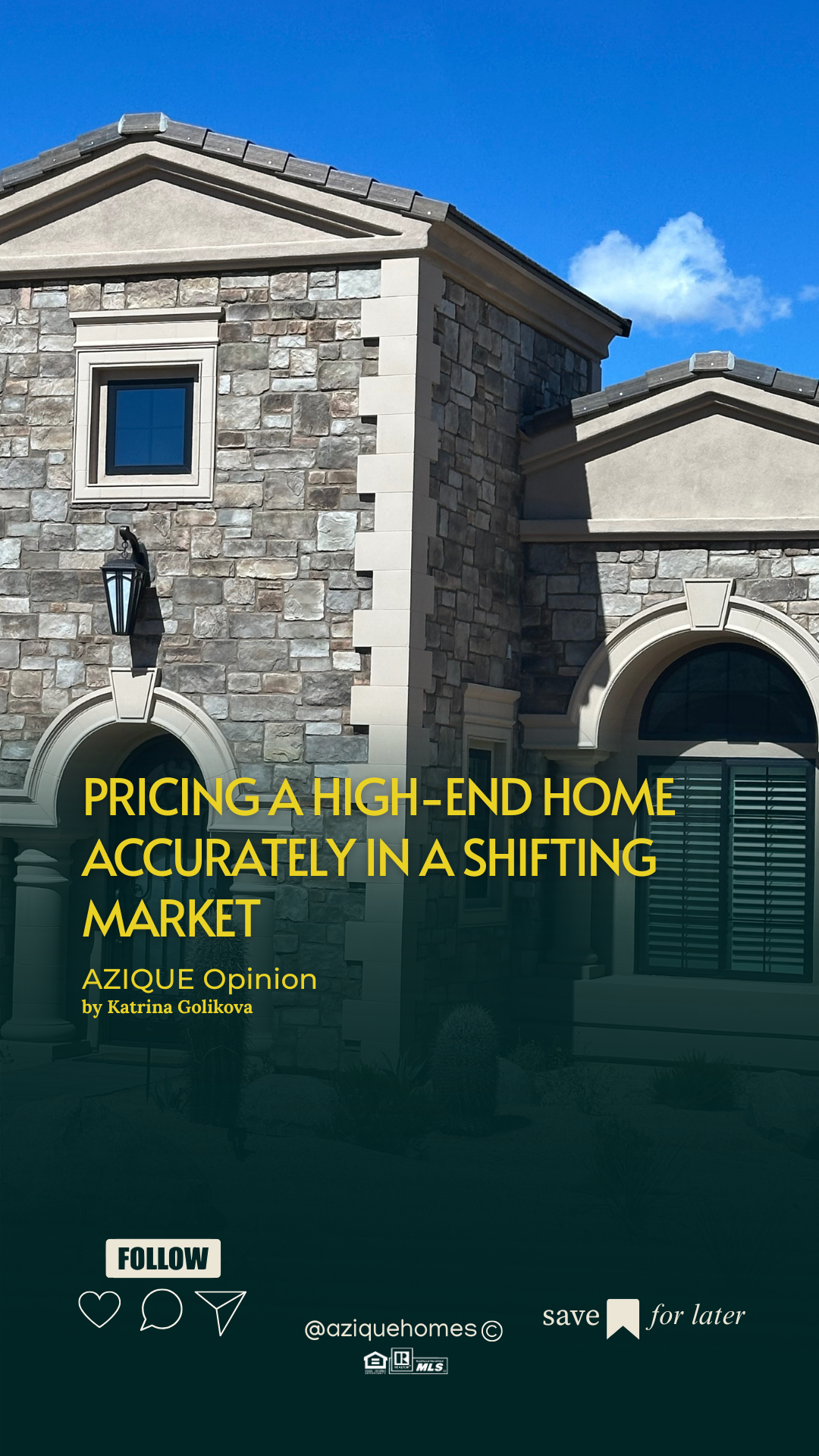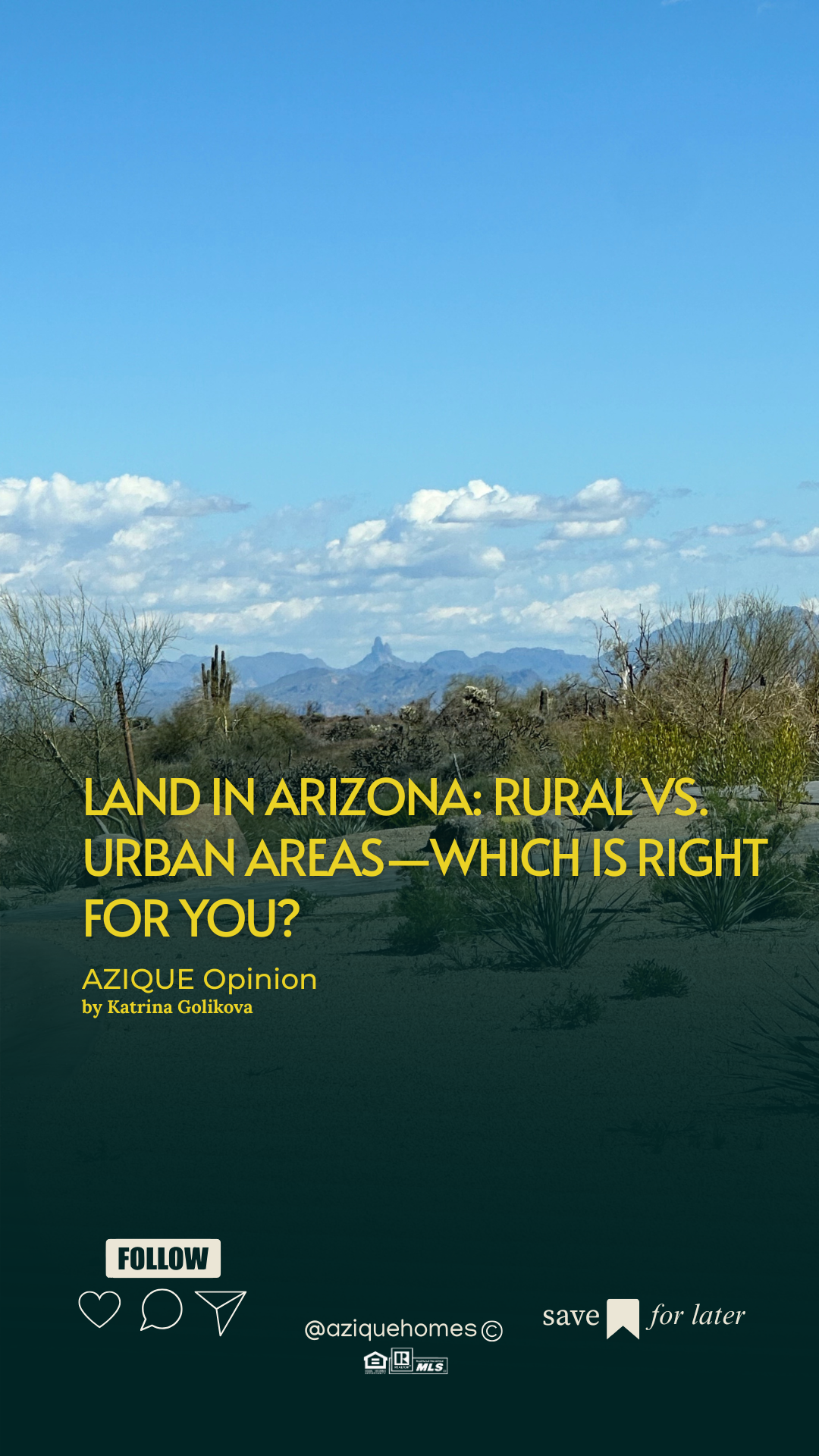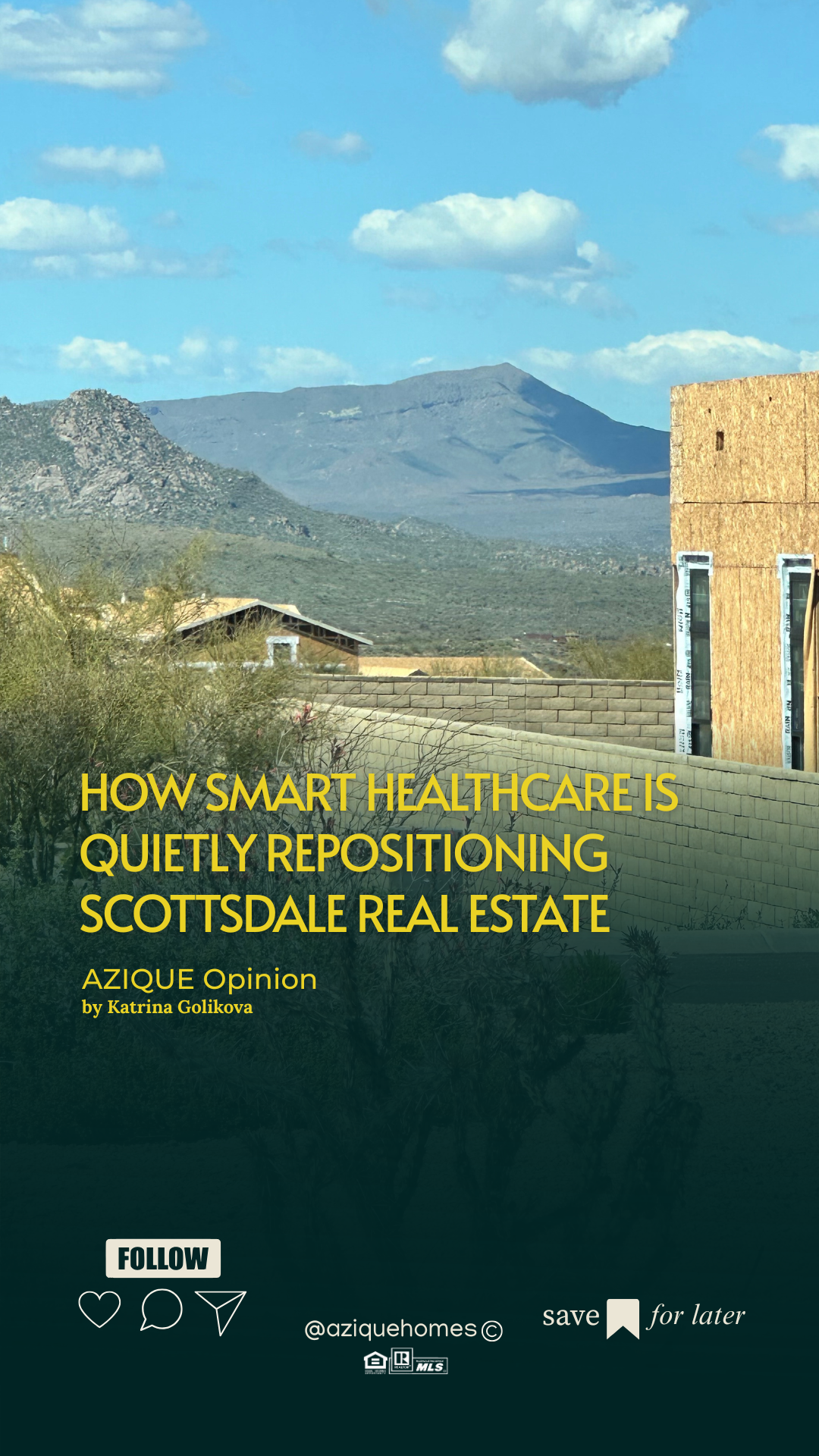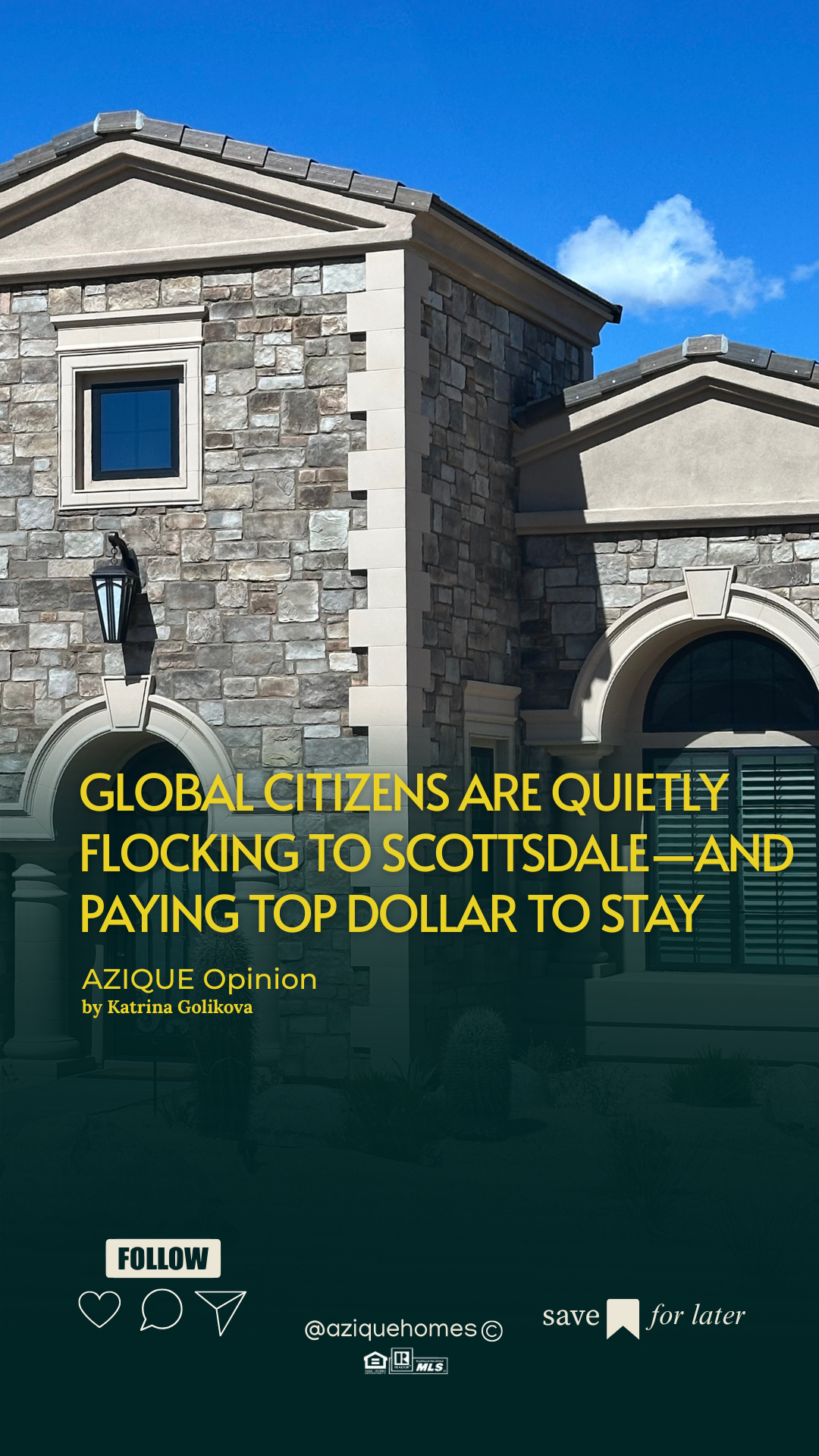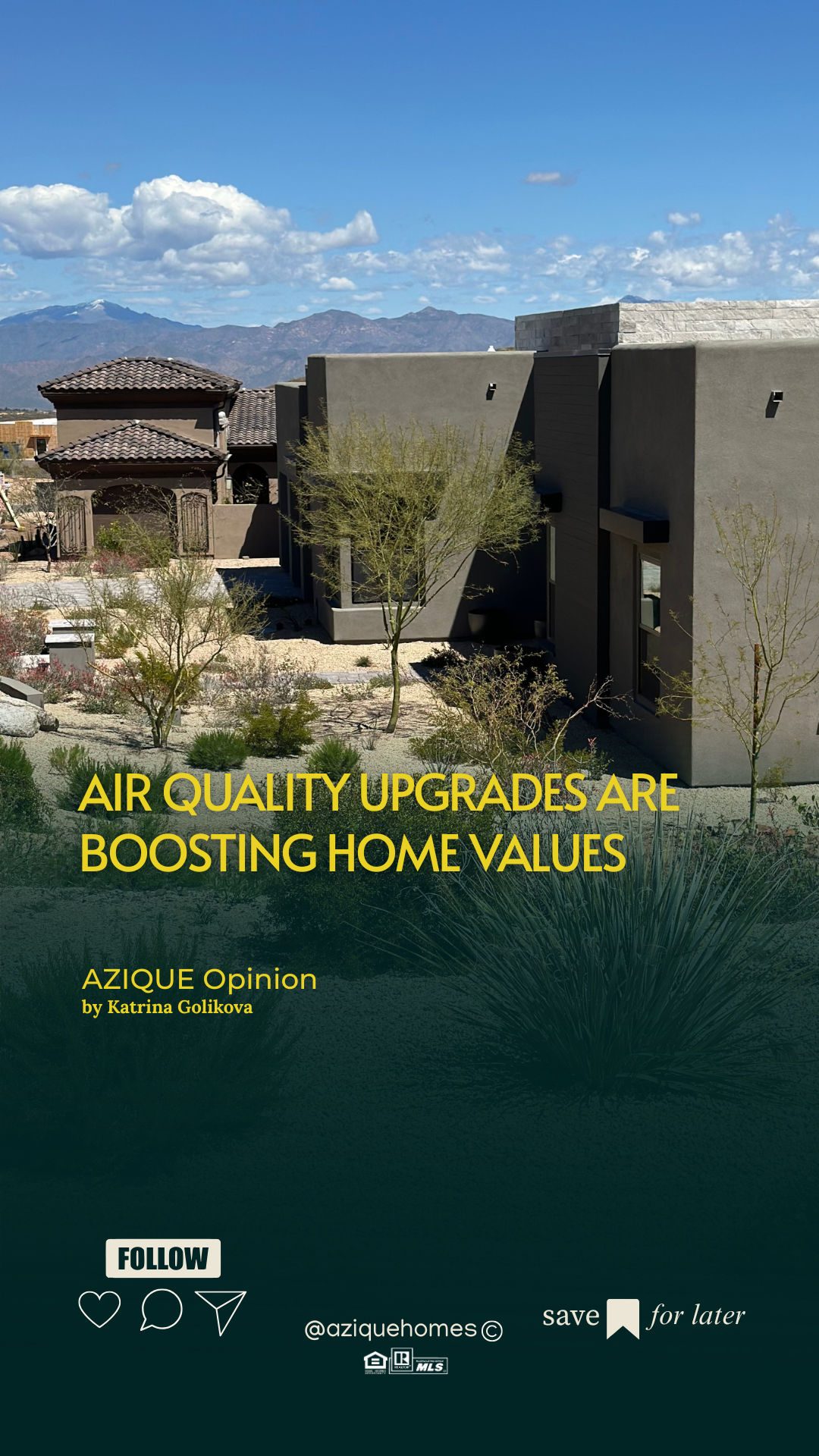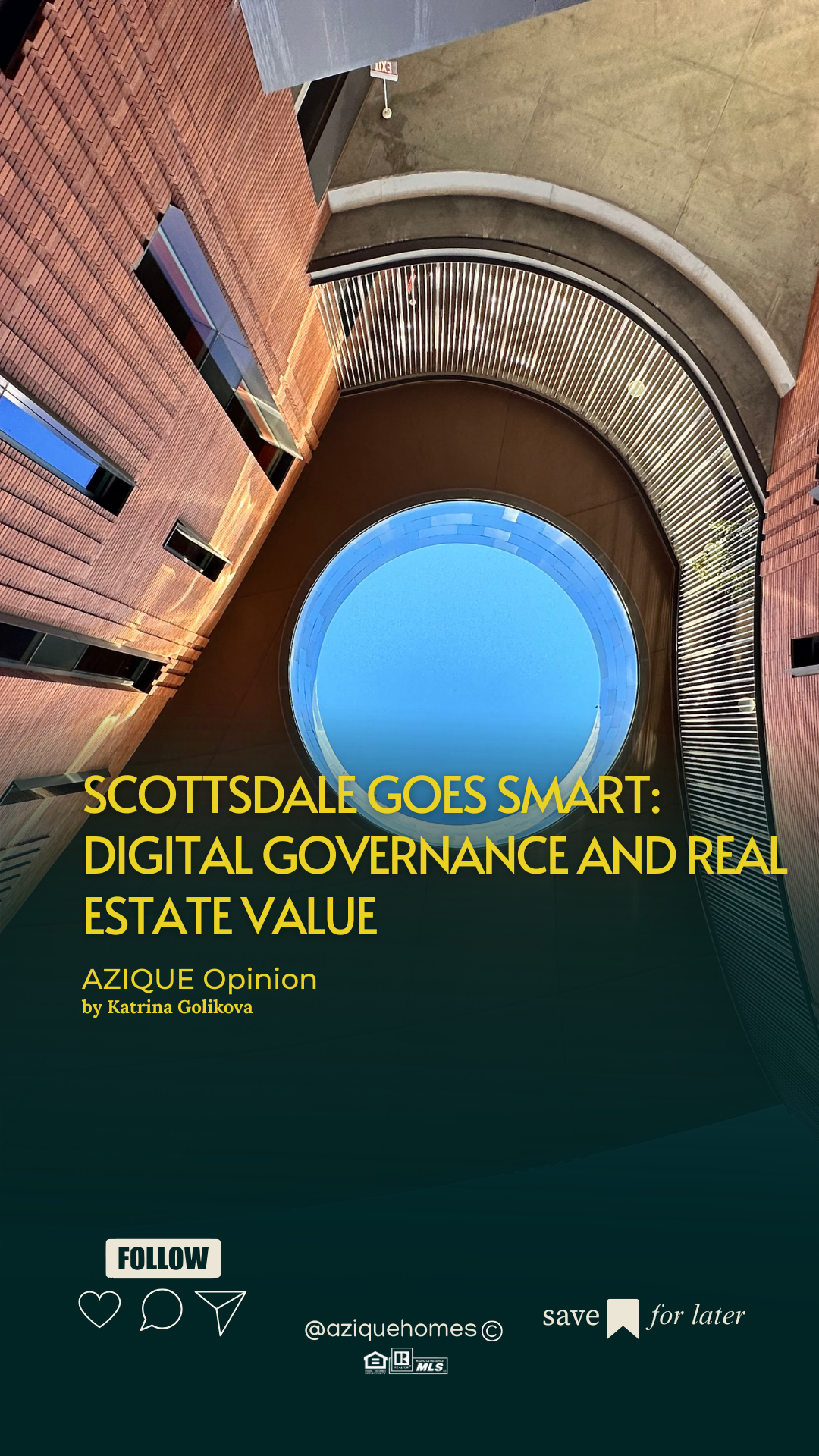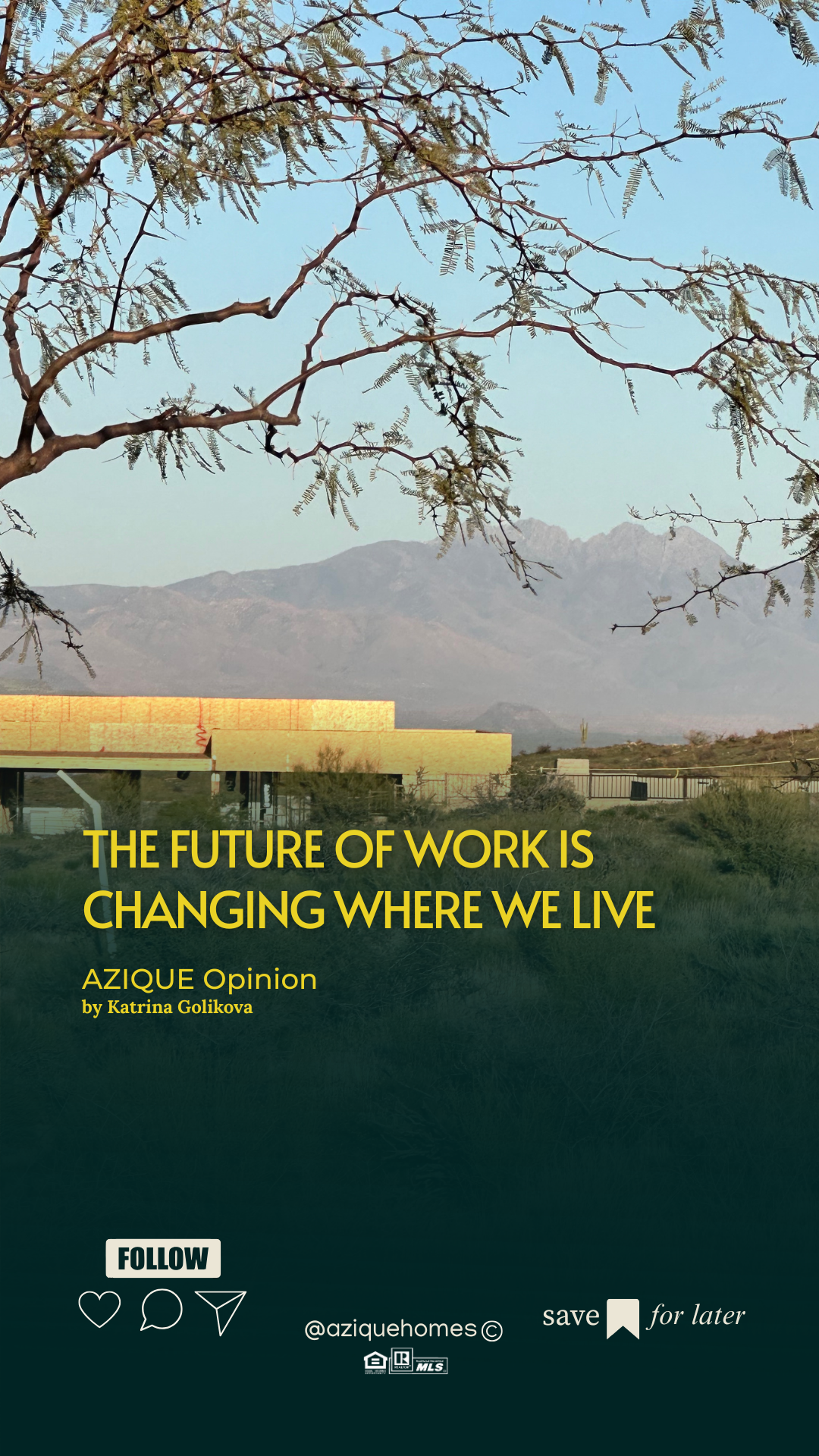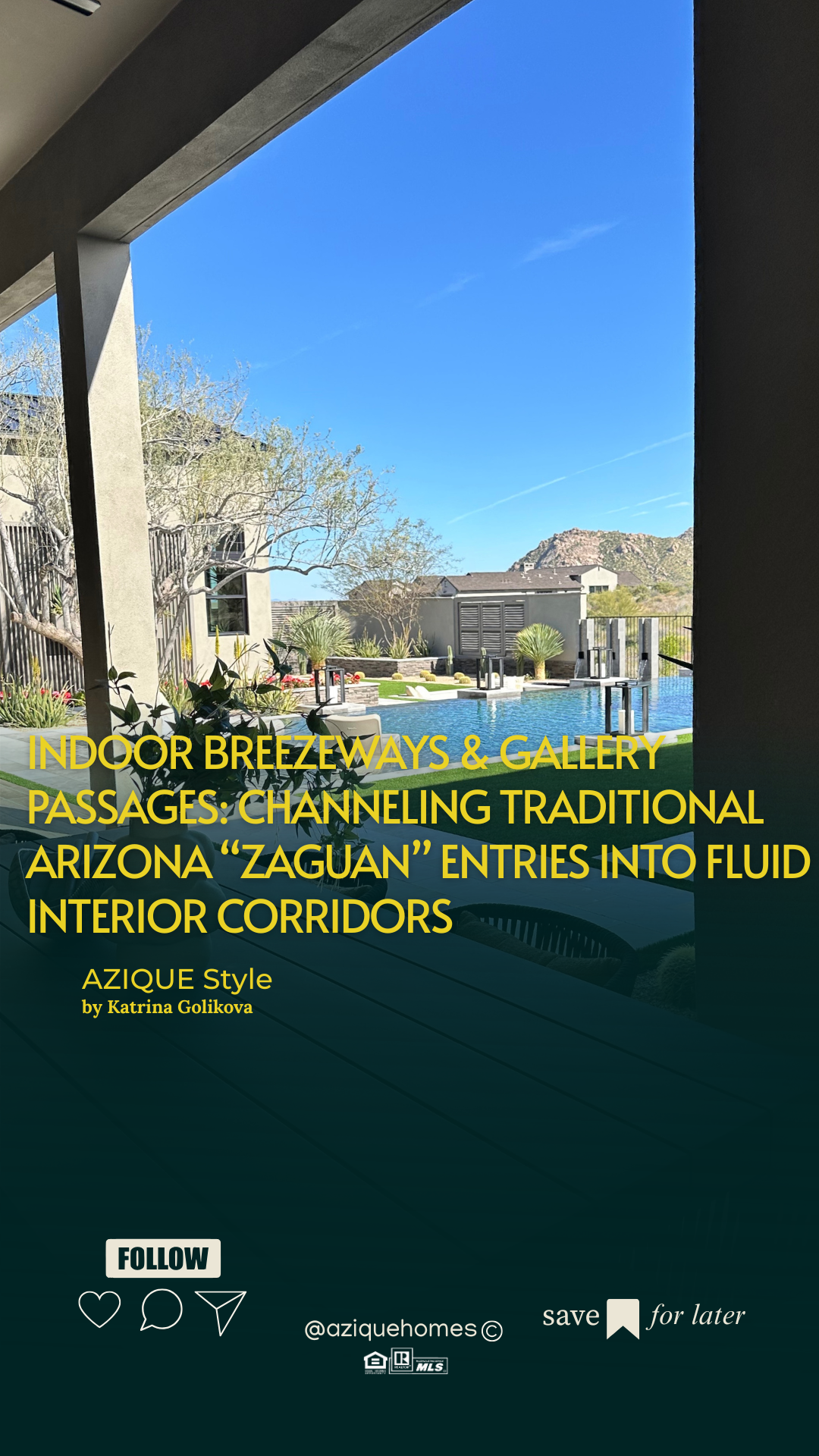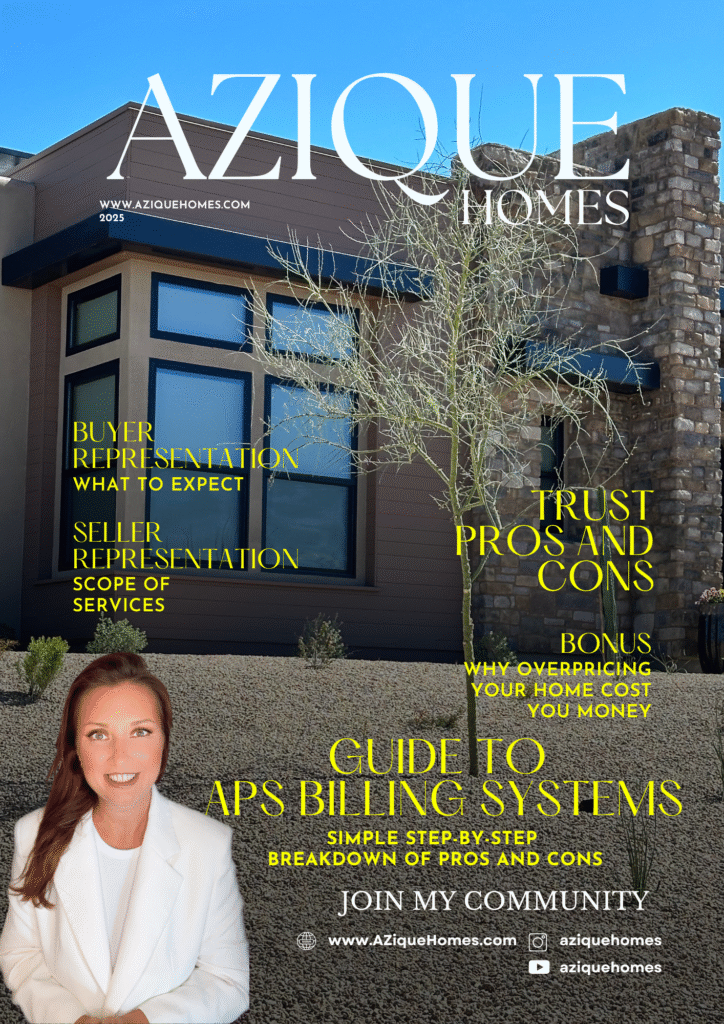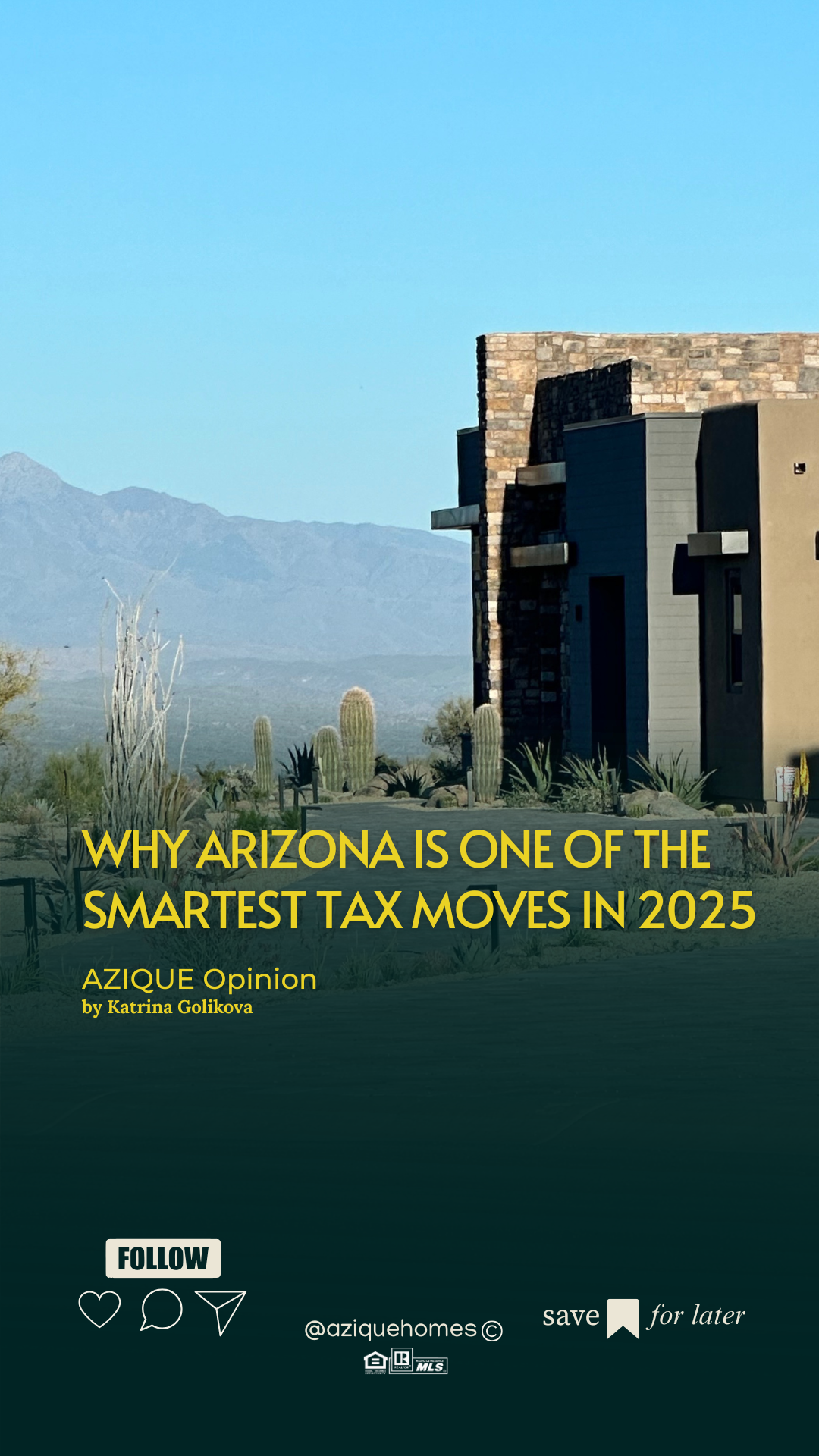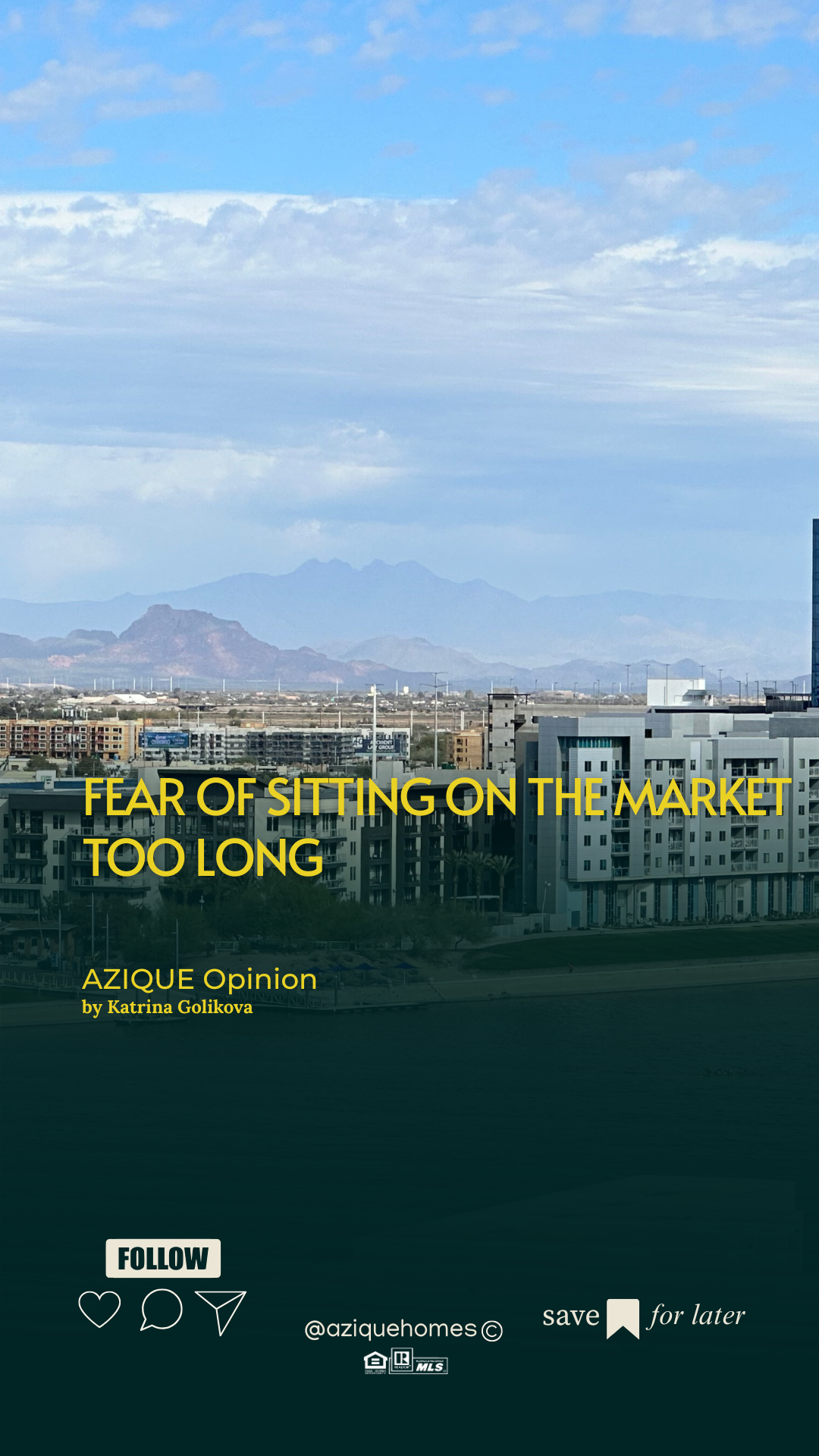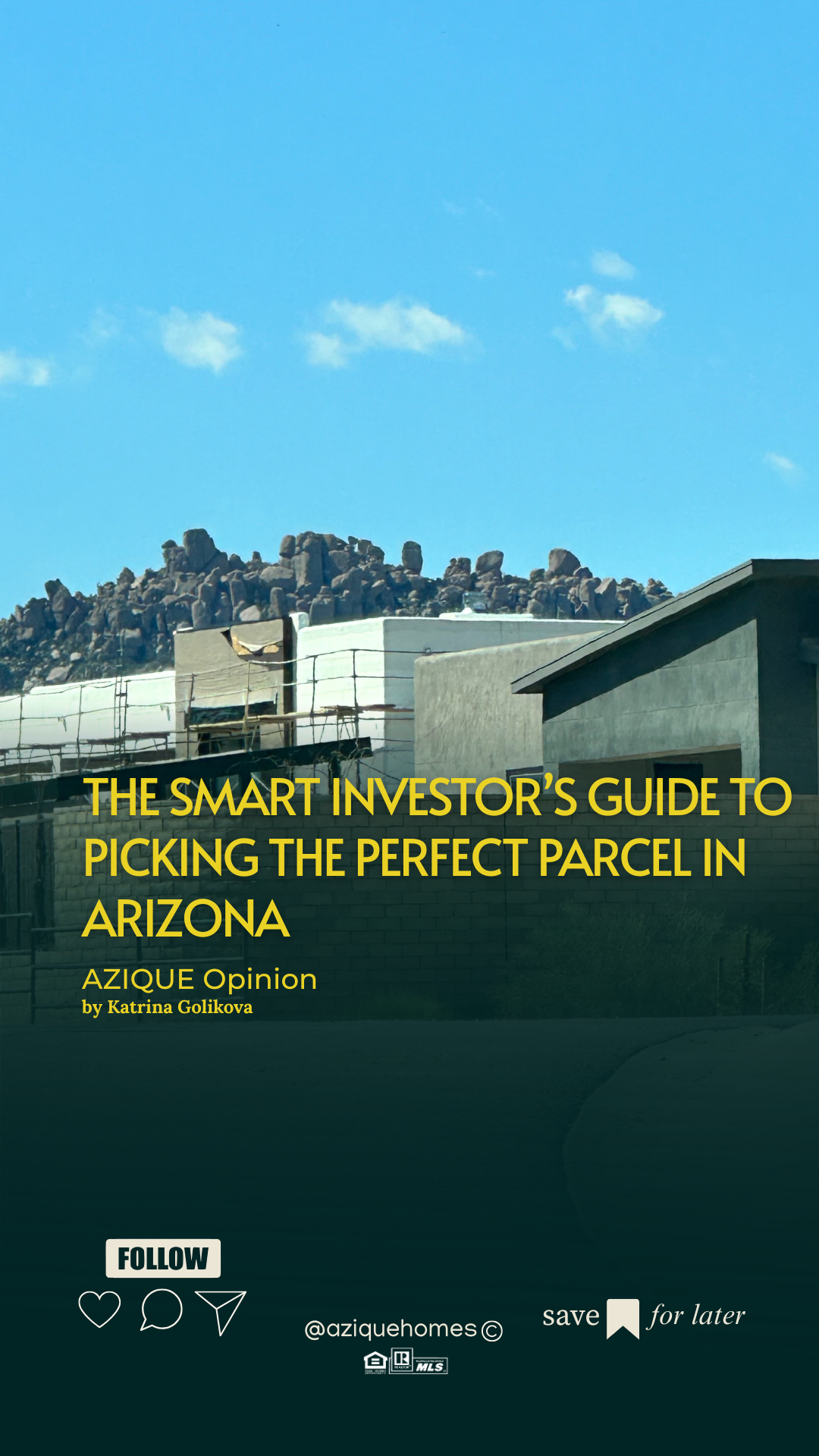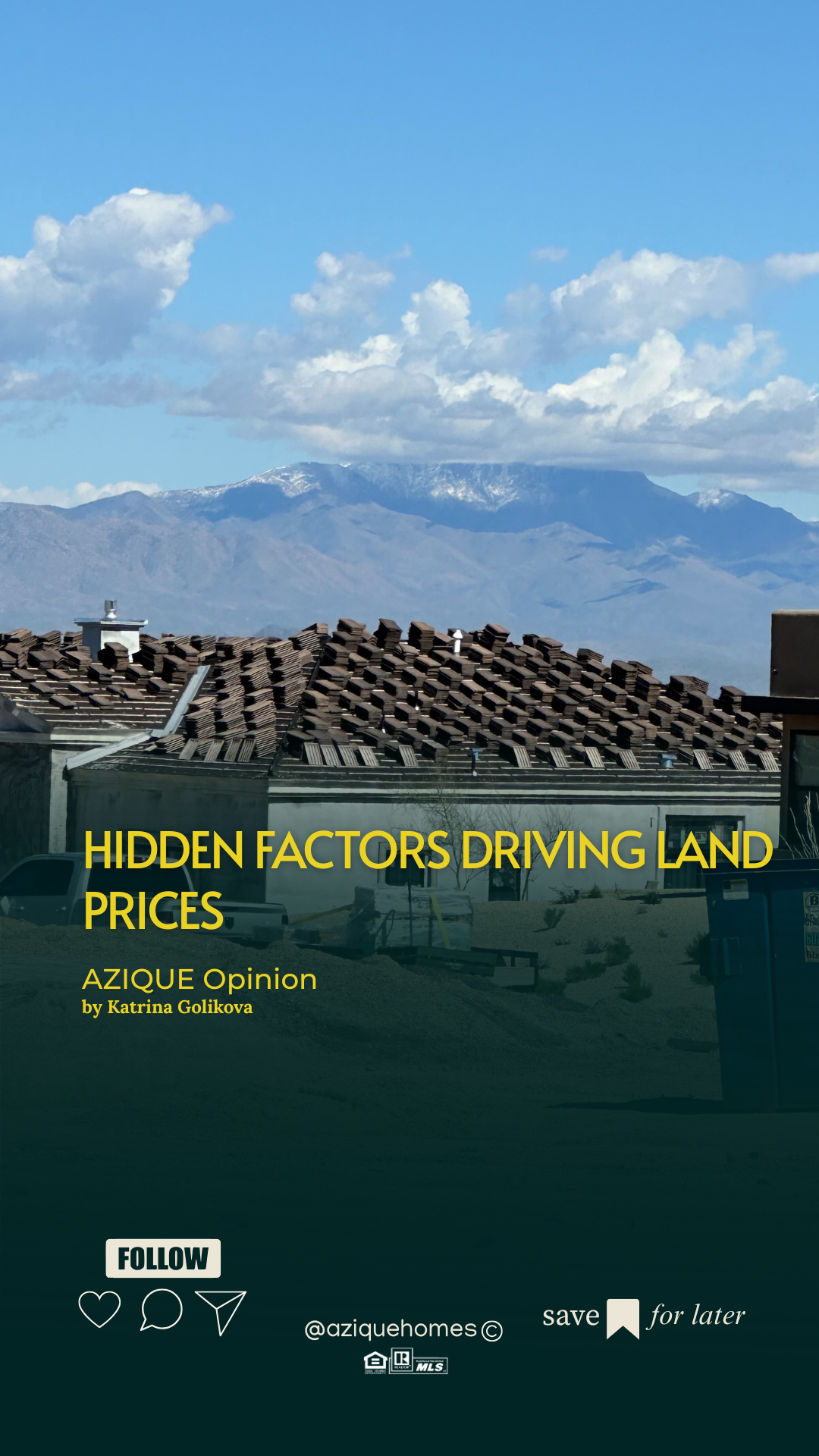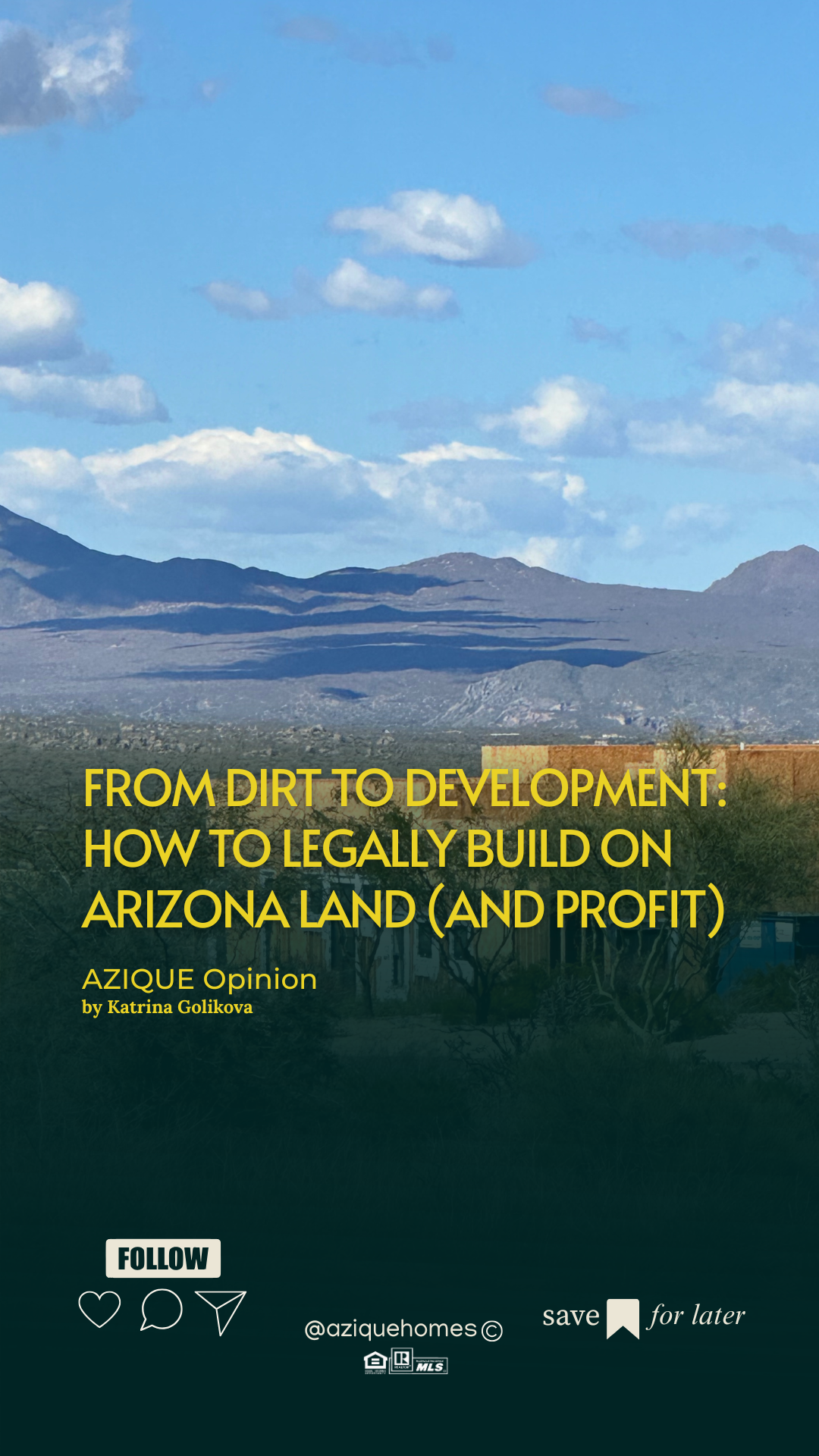Gilbert’s Cooley Station Enters Final Residential Phase While Expanding Fiber Grid and Greywater Infrastructure
Cooley Station, one of Gilbert’s largest masterplans, has entered its final residential phase with 470 homes approved as of July 2025. The town council recently allocated $3.8 million in ARPA funds to expand the community’s fiber internet grid and dual-pipe greywater system, making it one of the most digitally and hydrologically advanced MPCs in the East Valley. Gilbert’s Infrastructure Investment District (IID) model allows for long-term financing of public works without raising ad valorem tax rates, which has proven attractive for high-income households seeking predictable cost baselines. Property values have outperformed the MSA average with a 13.1% YoY increase, and the town’s strict ban on STRs in masterplans ensures consistent occupancy and value retention.
Mesa’s Eastmark Expands Urban Core With Vertical Mixed-Use Zoning and Green Tech Mandates
Mesa’s Eastmark community, a flagship 3,200-acre MPC, is expanding its urban core with 1,100 new residential units under the recently adopted Vertical Mixed-Use Overlay (VMUO). This zoning instrument permits integrated live-work development with ground-floor retail and mandates LEED Gold readiness and solar conduit in all residential structures. Mesa’s development model leverages Community Facilities District (CFD) bonds to finance internal roads, stormwater retention basins, and public safety stations—tools that appeal to structured finance models favoring tax-stable environments. Eastmark also benefits from proximity to ASU Polytechnic and the emerging Gateway Employment Corridor, enhancing long-term demand and ESG credibility.
Florence’s Merrill Ranch Scales With Public-Sector Backing and Senior-Oriented Amenities
Merrill Ranch, led by Pulte Group, has received entitlements for an additional 800 homes in the Anthem at Merrill Ranch MPC, bringing total buildout to over 7,500 residences. In June 2025, the Town of Florence approved $6.4 million in capital improvement bonds to extend water and sewer lines, issued through a Special Assessment District (SAD), offering fixed cost participation per parcel rather than broad property tax hikes. The community maintains a 55+ core demographic with high HOA reserve ratios, underscoring long-term fiscal stability. It also benefits from Florence’s participation in the Central Arizona Groundwater Replenishment District (CAGRD), mitigating long-run scarcity risk. Homes now require solar-readiness certification under updated Pinal County guidelines, signaling regulatory support for sustainability-aligned value.
Maricopa City’s Copper Sky Expansion Adds Hybrid Density and Smart District Integration
Maricopa City’s Copper Sky District is undergoing a $9.8 million infrastructure expansion to support two new MPCs: Horizon Trails and Copper Creek Estates. Combined, these projects will bring over 1,600 homes, including 280 higher-density townhomes—aligning with the city’s General Plan infill strategy. The area is designated as a Smart District under the Arizona Commerce Authority’s 2025 Tech Corridor Strategy, which prioritizes embedded broadband, AI-managed utility meters, and EV infrastructure. From a wealth management perspective, the city’s moderate property tax regime and current Opportunity Zone status offer both defensive value and tax deferral options. Maricopa’s participation in the State Water Resilience Monitoring Program ensures water allocation transparency for large-scale developers.
Casa Grande’s Villago and Mission Royale Add 2,400 Units Amid Interstate 10 Logistics Surge
Casa Grande has approved substantial new phases in both the Villago and Mission Royale MPCs, totaling 2,400 homes with phased delivery through 2027. These developments are strategically aligned with industrial expansion from Lucid Motors and Procter & Gamble’s new logistics facility, which together are adding over 3,800 jobs by mid-2026. The city utilizes Development Impact Fee (DIF) waivers for qualified smart-growth corridors, an incentive tied to energy code compliance and LEED-oriented design metrics. Additionally, water rights for these projects are secured under the Arizona Department of Water Resources’ Assured Water Supply designation—a key risk management signal for long-term investors. Casa Grande has also implemented a Climate Resilience Overlay Zone, requiring firewise buffers and heat-tolerant hardscape in all new MPCs.
Smart Water Credits Reshape Development Economics for Arizona Masterplans
Arizona’s groundwater conservation policy framework—anchored by the Assured Water Supply (AWS) program and the Central Arizona Groundwater Replenishment District (CAGRD)—continues to influence the financial and regulatory feasibility of masterplanned communities. As of mid-2025, developers in Maricopa and Pinal Counties must demonstrate 100-year supply assurance backed either by direct water rights or CAGRD membership, which currently carries an annual replenishment obligation of $687/AF. Several municipalities, including Gilbert and Buckeye, have introduced Water Efficiency Credit (WEC) programs, granting up to 15% density bonuses for developments achieving 35% below baseline water use via native plant xeriscaping, dual plumbing, and metered irrigation zones. For tax-planning purposes, these conservation-linked incentives often reduce impact fee exposure and utility escrow estimates, increasing after-tax IRR.
Prescott Valley Council Greenlights Jasper Phase IV With Mobility Credits and Green Roof Pilot
In July 2025, the Prescott Valley Town Council unanimously approved Phase IV of the Jasper masterplan, authorizing 700 new homes and introducing a municipal Mobility Credit Scheme that discounts transportation impact fees by 20% for developments with internal trail, microtransit, and bike lane connectivity. This aligns with the town’s recently adopted Sustainable Design Overlay, which also mandates pilot installations of green roofing on community clubhouses and mixed-use nodes. Jasper’s governance structure now incorporates a performance-linked HOA dues cap model, tying future assessments to maintenance efficiency scores—of interest for long-term wealth preservation. Infrastructure is funded via a combination of community facilities bonds and impact offset districts, providing transparency for asset allocation and estate planning professionals.
Payson Advances Rim Vista Highlands With USDA-Backed Utility Expansion and Zoning Incentives
Payson’s Rim Vista Highlands masterplan (1,100 units total) secured federal funding in June 2025 via a USDA Rural Development grant for water and sewer expansion—one of the few such awards in Arizona’s non-metropolitan MPCs. The town council is also finalizing an Inclusionary Density Bonus Ordinance (IDBO), which will permit up to 20% additional buildout for projects reserving 10% of units under 120% AMI. Smart building mandates now require defensible space design per Arizona State Forestry WUI code and encourage fire-resistant exterior assemblies. On the taxation front, the town is offering a 10-year phased mill rate lock for qualifying senior buyers, further stabilizing long-hold ownership costs.
Show Low Implements MPC-Specific Fire Ordinance Amid Torreon and Northgate Growth
Show Low has updated its municipal fire protection ordinance (Ordinance 2025-11) in response to growth in Torreon and the newly approved Northgate Village masterplan. The ordinance requires all MPCs over 200 units to include on-site fire staging zones, a secondary access route for evacuation, and non-combustible construction buffers between building clusters. Northgate Village, set to deliver 420 homes, is the first MPC to fall under these provisions. Council records confirm the city will assess an MPC Fire Mitigation Impact Fee of $0.72/sq ft, which will be exempt for homes meeting enhanced envelope energy standards under the 2024 IECC. Property value stability is expected to benefit from these layered safety provisions, and investors using LLC structures should review these new zoning overlays for liability shielding implications.
Tucson’s Civano II and Saguaro Trails Expand Under Updated Sustainability Design Code
Tucson’s Civano II and Saguaro Trails MPCs are both expanding with over 1,800 combined new lots entitled through mid-2025. These projects fall under the city’s updated Unified Development Code (UDC §8.7), which mandates solar conduit prewiring, xeric landscaping, and rainwater harvesting systems. The city offers expedited permit timelines and impact fee reductions for developments certified under its Net Zero Neighborhood Program—a policy that materially reduces time-to-market and cost basis for sustainability-aligned builds. From a tax and wealth perspective, Civano II is partially within a Voluntary Special Assessment District (VSAD), which permits transparent infrastructure cost forecasting, while Saguaro Trails offers fee-simple ownership with capped HOA escalators indexed to CPI. These features enhance estate planning flexibility and mitigate future tax exposure volatility.
Sierra Vista’s Tribute Masterplan Advances With Federal Energy Resilience Designation
Sierra Vista’s Tribute MPC, a 6,000-unit community planned in six phases, received a federal Energy Resilient Community (ERC) designation in May 2025. This unlocks streamlined permitting for microgrid, battery storage, and recycled water integration under the Department of Energy’s Building a Better Grid initiative. Tribute’s first 700 homes will include solar-integrated rooftops and V2G (vehicle-to-grid) readiness, making it one of Arizona’s most technologically advanced MPCs. Cochise County has approved a Tax Increment Financing (TIF) district for internal road and utility investment, offering long-range property tax stability for wealth-managed portfolios. The community also benefits from adjacency to Fort Huachuca, anchoring regional job security and long-term rental demand, while STR use is barred via covenant—a factor enhancing valuation continuity.
Tucson’s Southeast Gateway MPC Cluster Gains Momentum as 2050 General Plan Aligns with Transit
The Southeast Gateway Corridor—anchored by masterplans like Rocking K South, Del Lago North, and the proposed Valencia Vistas—has been designated a strategic growth area under Tucson’s 2050 General Plan Update. This cluster is targeted for multi-modal transit overlays and Smart Mobility Credit programs funded via MPO partnerships. Developers within the zone may qualify for 15–20% transportation impact fee offsets by integrating walkable blocks, bike infrastructure, and adaptive signal control. Wealth-focused buyers and fund managers will note that Pima County has tied these offsets to developments achieving LEED-ND or equivalent rating, reinforcing long-term ESG posture. Water resource alignment is secured via CAGRD enrollment and reclaimed effluent priority for parks and HOA green spaces.
Bartlett Reservoir Expansion as Key to Regional Water Security
The Verde Reservoirs Sediment Mitigation Project (VRSMP) is a federally authorized feasibility study—mandated under the Infrastructure Investment and Jobs Act—examining alternatives to restore lost capacity in Bartlett Lake due to sediment buildup. One key design under consideration proposes raising the dam by approximately 100 feet, which could create up to 323,000 acre-feet of additional storage—roughly one year’s supply for over a million households in central Arizona. The Bureau of Reclamation issued a formal Notice of Intent to begin NEPA’s Environmental Impact Statement (EIS) process in mid‑July 2025, which will include a 30-day public scoping period and both virtual and in-person public meetings.
Development and Masterplanned Communities Implications
Though not tied to a specific master planned community, the Bartlett reservoir expansion is material to master planned community underwriting in the Verde Valley and Maricopa/Pinal metro fringe. Increased storage supports central Arizona’s dependence on Verde River infill when Colorado River allocations are tight, enhancing the Assured Water Supply certification durability. Developers and municipalities in Sierra Verde, north Pinal, and East Valley areas—including Queen Creek, Rio Verde, and Florence—stand to benefit from a more resilient and long-term renewable supply, reducing reliance on nonrenewable groundwater sources.



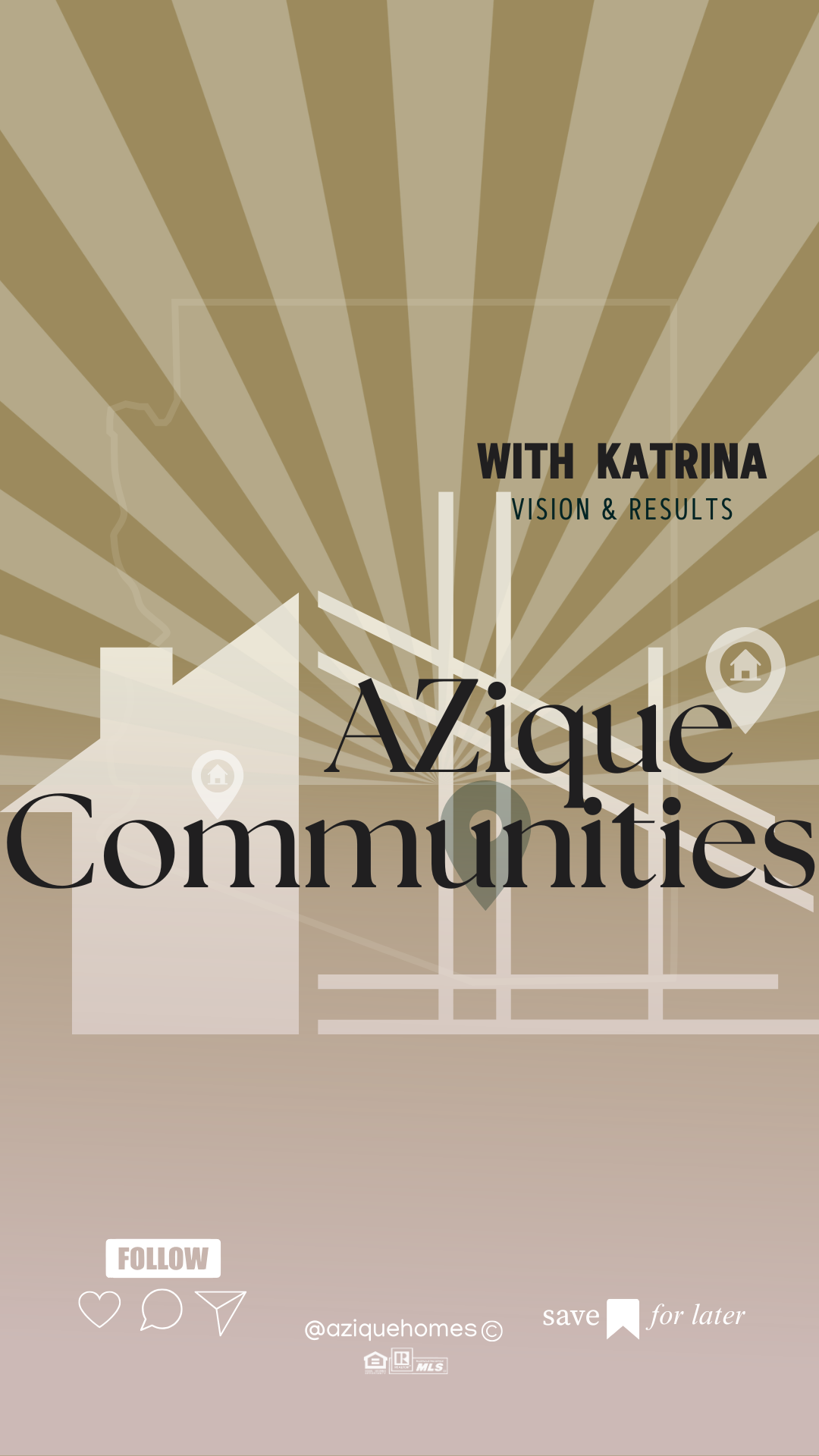








 Scottsdale, AZ
Scottsdale, AZ